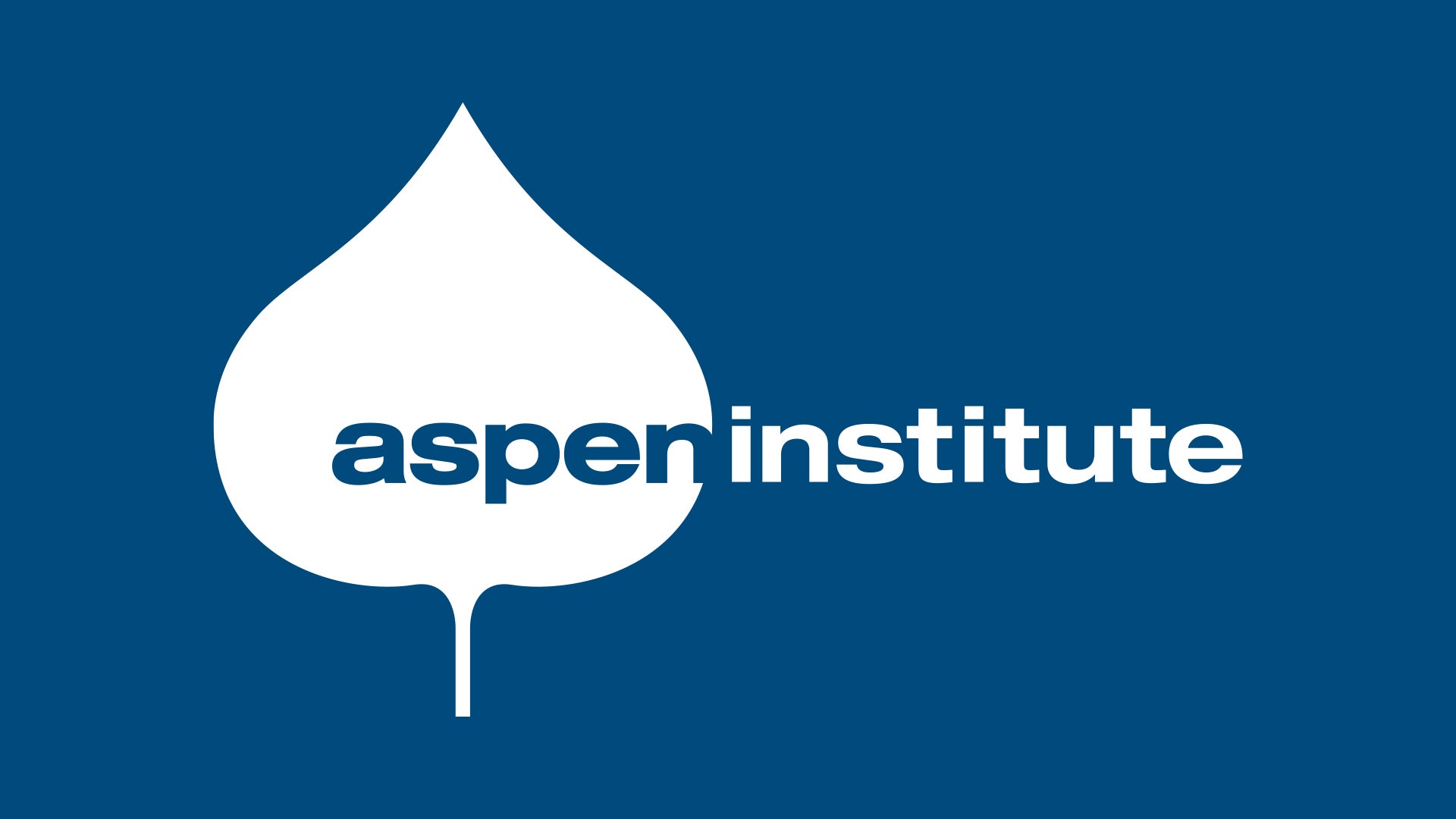Modernizing Academic Reward Systems for an Open and Engaged Future


Academic reward systems encompass “the many ways in which an institution regards faculty- including but not limited to how it recruits, sustains, assesses, and advances faculty throughout their careers” (O’Meara et al., 2008). In September 2025, the Open Research Community Accelerator (ORCA) launched the Modernizing Academic Appointment and Advancement (MA3) Challenge with the Aspen Institute Science & Society Program and the American Academy of Arts and Sciences. The initiative poses an important question: how can academic institutions align their systems for hiring, review, promotion, and tenure with the values expressed in their mission and vision statements? Commonly cited values across academic institutions speak to transparency, collaboration, equity, and community-mindedness, aiming to guide academic culture and decision-making (Calder, 2018). Yet, traditional academic reward systems have been slow to translate these ideals into how faculty achievement is defined and recognized.
In most research-intensive universities, reward systems have traditionally prioritized individual research productivity as measured by grants, publications, and citations. Today’s research enterprise is at a crossroads: public trust in science is waning, funding is volatile, and many question whether academia aligns with the public interest. Universities face increasing pressure to show how research benefits society, yet their internal incentive systems still reward narrow or nebulous definitions of “excellence” and “impact.” To restore confidence in science and in our academic institutions and to attract the next generation of researchers, it is imperative to modernize how academic institutions define, measure, and reward meaningful scholarship.
Misalignment between institutional values and academic rewards is well documented, with more than three decades of calls to broaden how scholarship is defined (Boyer, 1990; Cavallaro, 2016). Traditional evaluation metrics like publication counts, citation metrics, and grant dollars taken in tandem with other qualitative and quantitative measures, can add up to a meaningful understanding of a scholars’ productivity and impact. However, these progression measures alone reinforce a narrow definition of excellence that ignores how research addresses pressing societal issues or promotes equitable access (Alperin et al., 2019). Publicly valuable, community-engaged scholarship is typically undervalued as mere “service,” diminishing its impact during tenure and promotion review (Saltmarsh and Wooding, 2016). This structural bias and devaluation also affects open science practices and mentorship, disproportionately impacting scholars from diverse backgrounds and those whose research fosters meaningful connections between academia and communities at large. “When research incentives reflect openness, dialogue, and public purpose, science becomes a force that strengthens democracy and public trust,” said Aaron F. Mertz, Executive Director of the Aspen Institute Science & Society Program.
Policymakers, funders, and scholars agree that higher education reform is overdue. The Modernizing Academic Appointment and Advancement (MA3) Challenge represents a coordinated cross-sector approach to reform. We share a commitment to rethinking how academic contributions are evaluated and rewarded and believe that by realigning incentives, universities can:
Building on years of scholarship that has identified both need and barriers to reform (Boyer, 1990; Cavallaro, 2016, Association of Public and Land-grant Universities [APLU], 2023), the MA3 Challenge will support tangible changes to academic appointment and advancement. With $1.5 million in prize support from the Gordon and Betty Moore Foundation, Dana Foundation, Rita Allen Foundation, and Robert Wood Johnson Foundation, up to six $250,000 institutional grants and up to six $50,000 departmental or center-level grants will be awarded in early 2026.
The MA3 Challenge aims to elevate an institutions’ commitment to:
Awardees will join a community of practice to share learnings, pilot solutions, and accelerate culture change.
Universities must act now to design policies that reflect the values they profess. We hope the MA3 Challenge will inspire institutions to develop capacity for modernizing hiring and RPT in service of public good. Many institutions are already taking this on, but funding will help dedicate time and resources. “We are confident that there is an appetite for change within U.S. higher education, propagating across both academic leadership and rank-and-file scholars. The MA3 Challenge is designed to road-test the most promising reform ideas, and to develop replicable replicable roadmaps for rewarding how research is conducted, evaluated, and shared,” said Greg Tananbaum, Executive Director of ORCA.
As a key dissemination partner of the MA3 Challenge, the Aspen Institute advances its goals to drive change through dialogue, leadership, and action through this initiative. The Institute’s Science & Society Program engages in efforts such as the MA3 Challenge to strengthen trust in knowledge, promote equity in opportunity, and connect scientific progress to human progress.
For the Science & Society program, this cultural shift should not just begin at the university level. Building a scientific culture that truly reflects shared values requires investing in the curiosity and civic potential of today’s young learners and emerging scientists who will become tomorrow’s scholars, practitioners, and leaders. The program’s informal STEM learning initiative, Our Future Is Science (OFIS), encourages high school, undergraduate, graduate, and post-graduate STEM students to see scientific inquiry as a tool for civic engagement and community impact. “Reimagining how research and education connect to the public is essential for restoring confidence in science and nurturing the next generation of problem solvers,” said Mertz. “Ultimately, the MA3 Challenge helps ensure that if these students enter academia, they will find systems that recognize and reward the same values they were encouraged to cultivate through programs like OFIS.”
Through the MA3 challenge, institutions have the unique opportunity and supportive community of practice to align their systems, values, and future with the public good, while charting a path toward a more open, equitable, and trusted academic culture.
###
About the Authors
Caitlin Schleicher, MLIS, is the Director of Community & Partnerships for the Open Research Community Accelerator.
Jylana L. Sheats, PhD, MPH, is Associate Director of the Aspen Institute Science & Society Program and a member of the Open Research Community Accelerator Advisory Board.
Greg Tananbaum, M.Sc., is the Executive Director of the Open Research Community Accelerator.
Aaron F. Mertz, PhD, is Executive Director of the Aspen Institute Science & Society Program.

Many people use their phones to handle everyday tasks, from scheduling appointments to staying connected with family. Budgeting apps are...

Parent PLUS borrowing will be capped beginning July 1, 2026: up to $20,000 per student per year and $65,000 lifetime...

Advisors affiliated with independent broker/dealers often assume that “independence” is a destination rather than a spectrum. Yet, when frustration creeps...